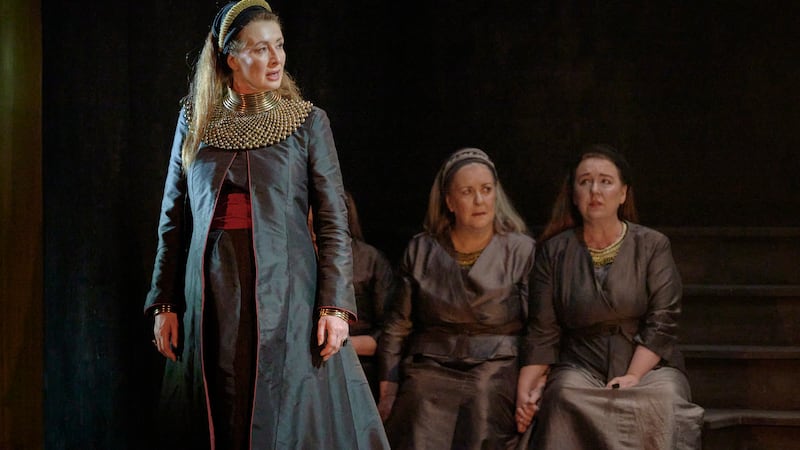Carrickgallogly - Carraig an Ghallóglaigh - rock of the Galloglass
The townland of Carrickgallogly in Co. Armagh derives from Carraig an Ghallóglaigh ‘rock of the Galloglass’.
The term gallóglach is derived from gall ‘foreigner’ and óglach ‘young warrior, soldier’ and, in origin, the gallóglaigh were West Highland and Hebridean warriors who served as mercenaries in Ireland in the late medieval and early modern period.
This suggests that the reference to gall in their name may reflect their place of origin (as Inse Gall is the Gaelic name for the Hebrides). However, the gallóglaigh could also contain Irish soldiers whilst the original gallóglach families (such as the MacSweeneys) were settled in Ireland for so long that it is better to consider them as both Irish and Scottish.
Other place-names which commemorate these warriors include Lag na nGallóglach (Lagnagalloglagh, Co. Tyrone) and Baile na nGallóglach (Milford, Co. Donegal).
For more information on Irish place-names, see @placenamesni on twitter or visit the website placenamesni.org
SEANFHOCAL
Ní haon mhaith cneasú thar ghoimh.
It’s no use curing the symptoms instead of the disease.
Giving someone painkillers when they need surgery is one literal example of the proverb but it has metaphorical meanings too.
Can you tackle the crime problem without looking at the reasons behind it – poverty, parental neglect, addictions but it can’t be hard for someone who sees governments syphoning off billions to their friends and benefactors and not expect general society to believe that, if the rich and powerful can do it, well, why shouldn’t they?
It’s disheartening how the bigger the crime, the less opprobrium it attracts. As the German poet, Schiller - he of Ode to Joy fame - wrote: “The blame diminishes as the guilt increases.”


